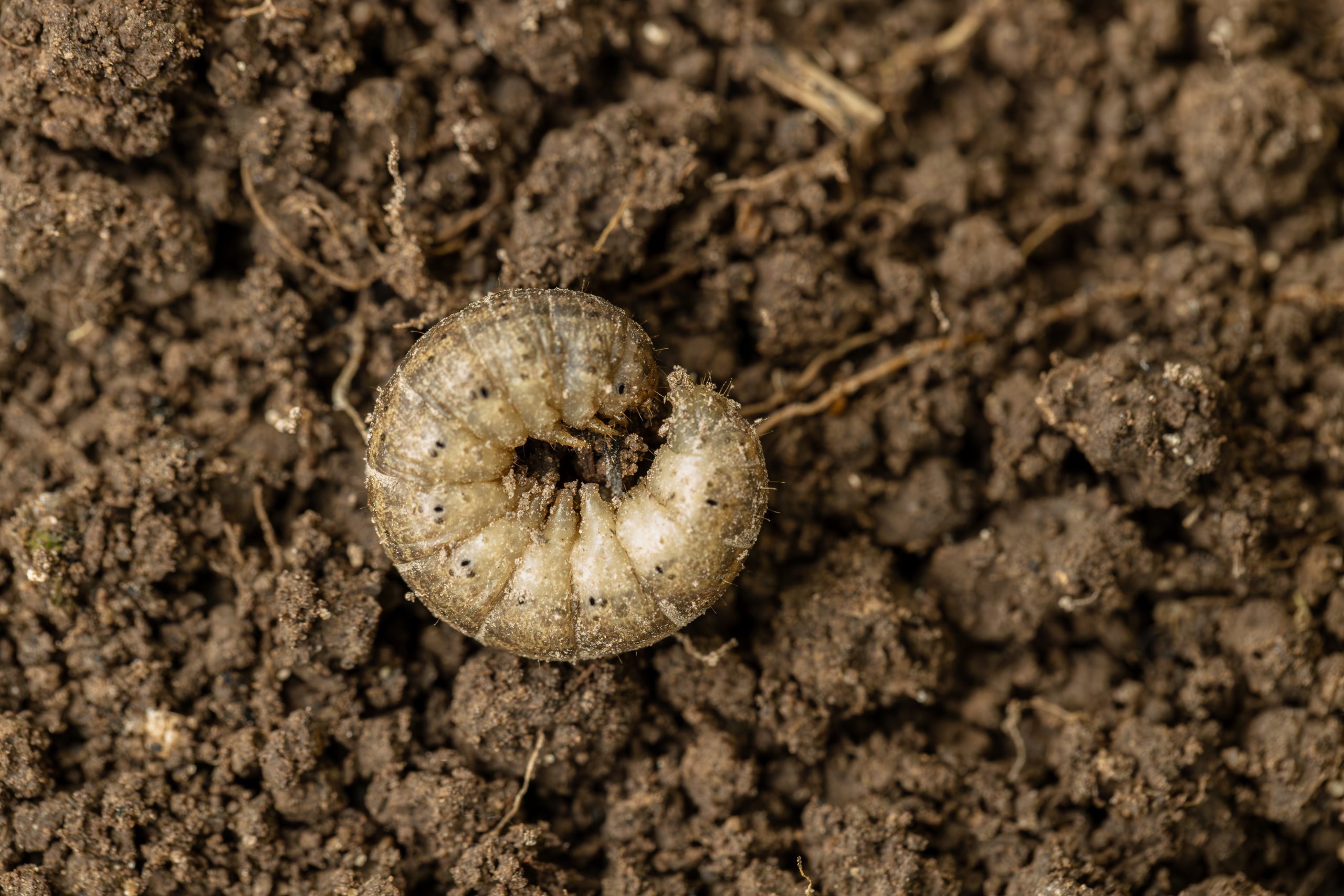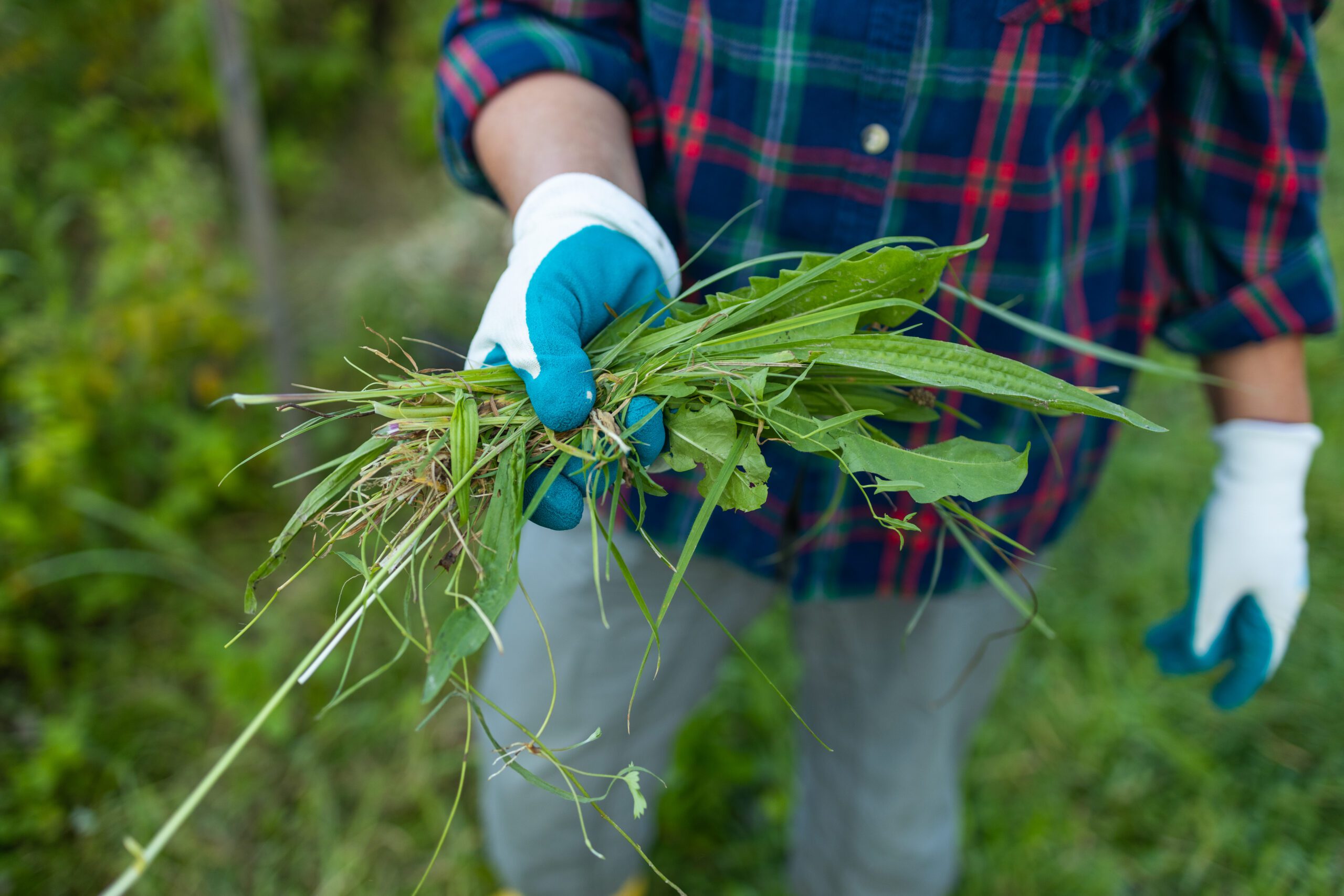Most homeowners prioritize snow removal during winter in Grand Ledge, MI, but your lawn still requires attention with winter lawn care. Poor plowing techniques and harsh winter conditions can lead to long-term damage, affecting your yard’s ability to thrive when warmer weather returns. Neglecting your lawn during the colder months can result in weak grass, dead patches, and poor soil health, making spring recovery more challenging.
How Snow Affects Your Lawn
While snow acts as an insulating layer, improper management can lead to several issues:
- Snow Mold: This fungal disease develops under thick layers of snow, leaving brown or gray patches in spring. The combination of moisture and limited airflow creates the perfect environment for mold growth, which can weaken or kill grass.
- Soil Compaction: Walking or driving over frozen grass compacts the soil, restricting root growth and making it harder for nutrients, air, and water to reach the roots. Over time, compacted soil leads to thin, weak grass that struggles to recover in the spring.
- Salt Damage: De-icing salts seep into the ground, drying out the grass and killing affected areas. This can leave unsightly dead spots on your lawn, requiring reseeding or treatment once the snow melts.
Winter Lawn Protection Tips
- Minimize Foot Traffic: Walking on frozen grass weakens roots and damages turf. Try to limit activity on your lawn during winter to prevent unnecessary stress on the grass.
- Use Pet-Safe De-icers: Traditional rock salt is harmful to grass—opt for safer alternatives such as sand, calcium magnesium acetate, or pet-friendly de-icing products that won’t harm your lawn.
- Keep Your Lawn Clear: Avoid leaving piles of snow, leaves, or debris on your lawn, as these can suffocate the grass and encourage mold growth. Shovel or distribute snow evenly to prevent heavy accumulation in one spot.
- Plan for Spring Recovery: Schedule lawn mowing services and aeration in late winter to help restore your lawn. Aeration helps break up compacted soil, allowing grass roots to receive the oxygen and nutrients they need for healthy growth. Consider overseeding any bare patches to promote a lush, green lawn when warmer weather returns.
TTaking these winter steps ensures that your yard remains healthy even during the coldest months in Grand Ledge, MI. By being proactive, you’ll set your lawn up for success and enjoy a vibrant, thriving landscape in the spring. If you would like a quote to take care of snow removal for you home or business, please contact us here!





